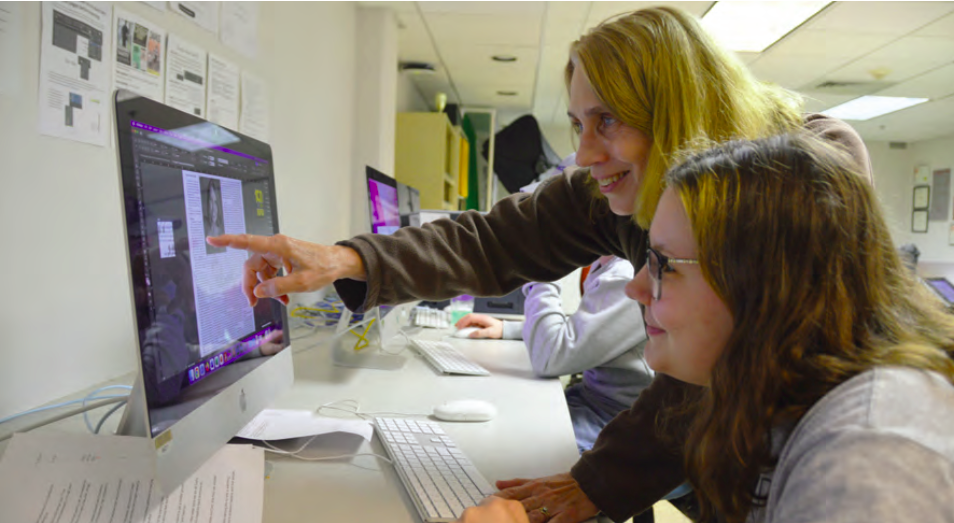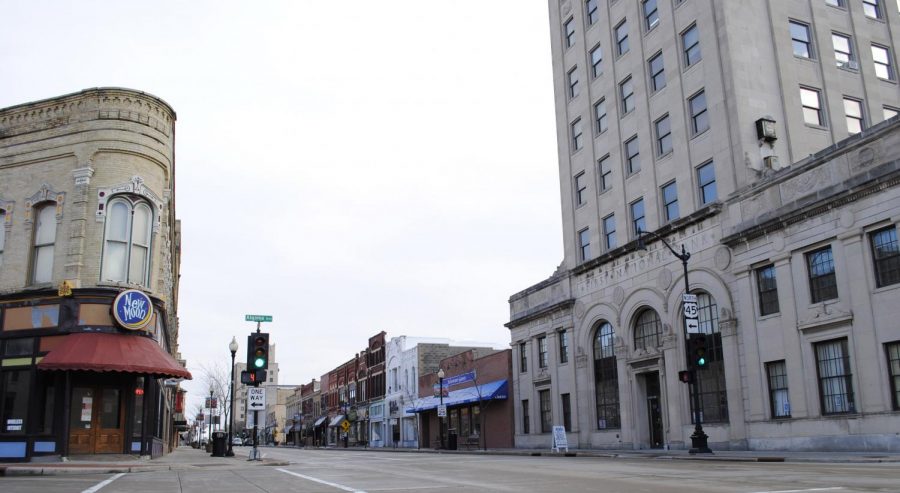Last week, the UW Oshkosh Disability Advocacy group staged a walkout after compiling a 12-page document titled “Issues and Demands: Addressing ADA and 504 Violations at UW Oshkosh for Students.”
In a country where over 13% of our population has a disability, it’s quite tragic that we have universities that are not offering equal opportunities for success to people who are in need of accommodations.
34 years after Americans with Disabilities Act was signed, it is embarrassing to go to a university that has malfunctioning push plates on doors, elevators out of commission for extended periods of time and professors who make students jump through hoops just to get their legally required accommodations.
We need to listen to the people who are suffering from the university’s lack of support for the disabled community, not interrogate them for doctor’s notes. It is imperative that their concerns are addressed by the university.
Being a college student with disabilities is already hard enough; UWO should be trying to make their lives easier, not harder.
This is exactly why the diversity, equity and inclusion program was enacted in the first place, and quite frankly, this feels like more of a dismantling than a defunding. DEI budget cuts were administered just this year, and the results have already snowballed into an avalanche.
Not only are students unable to access the resources they need, but some faculty members are taking this as a sign that they don’t need to try or care anymore. DEI was more than a program; it was a statement to the students of this university that the administration cares about those with disabilities and wants them to succeed.
Wisconsin’s defunding of DEI feels like the opposite. Last year, the Wisconsin Assembly cut funding to the Universities of Wisconsin unless they restructured the DEI programs. When we defund the DEI programs, we dismantle the entire concept of diversity, equity and inclusion.
As most people know, not all disabilities are visible. Learning disabilities are one example, and one that is critical considering what all of us are here for. It’s ironic that some professors of higher education are so uneducated on this subject, especially when their whole job is to help students learn. It’s even more upsetting that staff members left in the accessibility program seem to understand even less, basically just telling students to quit.
One of the major reasons DEI had to be defunded in the first place was due to the huge deficit the university was in — a deficit partially created by a lack of enrollment and retention.
How they thought defunding DEI would help with this is beyond us, but the cherry on top is accessibility staffers advising students with disabilities to transfer or change career paths. All this is doing is creating a vicious cycle, one that is hurting not just the students but the university as a whole.
One of the areas clearly overlooked regarding cuts in the wake of the university’s deficit is continued support for students with disabilities. Students being told that they shouldn’t learn here, or that they should change their majors or classes chosen on the basis of their disability is an affront to genuine education that UWO should stand for, as well as a clear lack of ability on the behalf of the professors guilty of such to approach their responsibility to students. Every professor should be completely willing to fully support students with disabilities as much as they can, working with these students to provide them an immersive education.
The same thing goes for the university as a whole. Maintaining services such as automatic door buttons, elevators, ramps and every other disability-oriented service should be their priority. Any failure to do so reasonably is viewed by students who make use of these options as a desire by the university to focus on things they view as more important – more important than these students’ ability to pursue an education at this university.
Demands for these options are obviously reasonable, and it is the responsibility of the university to provide these, despite any and all budget shortfalls. The university should not be discussing tearing down and remodeling buildings if the budget doesn’t allocate funds to maintain services absolutely necessary for students.













